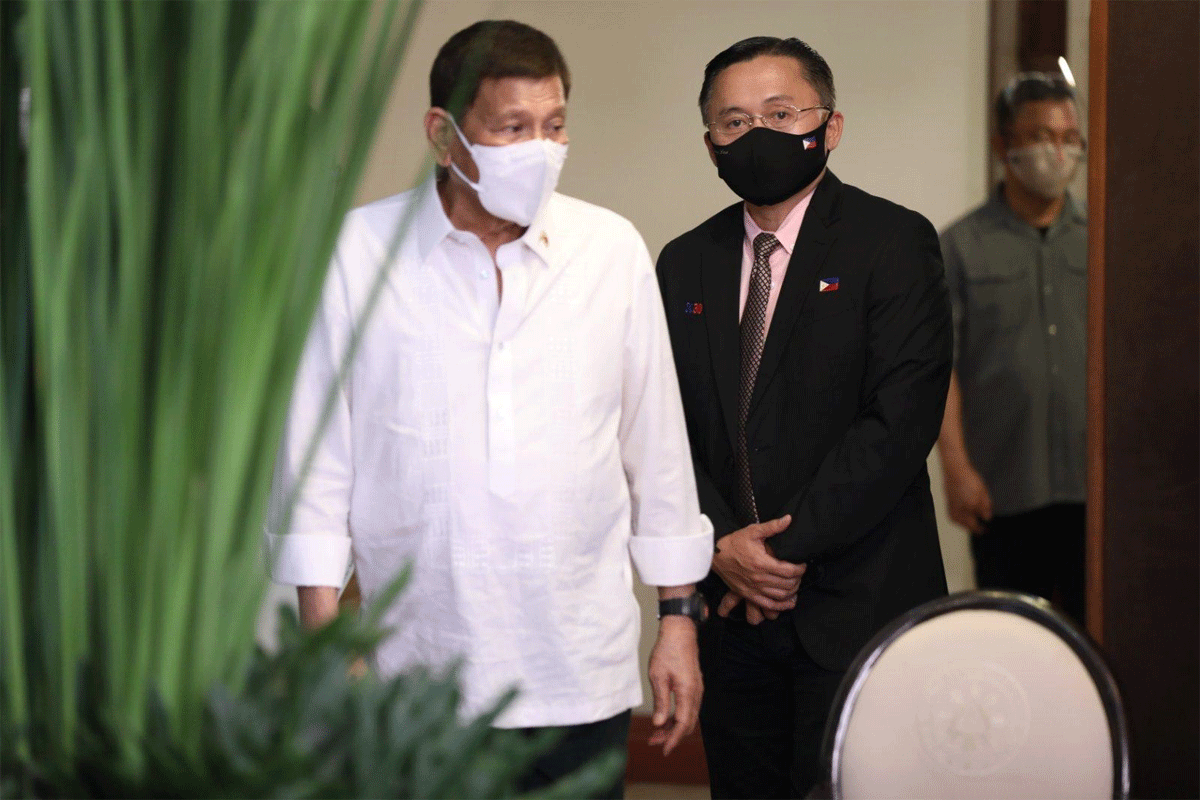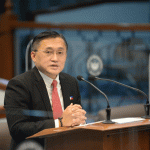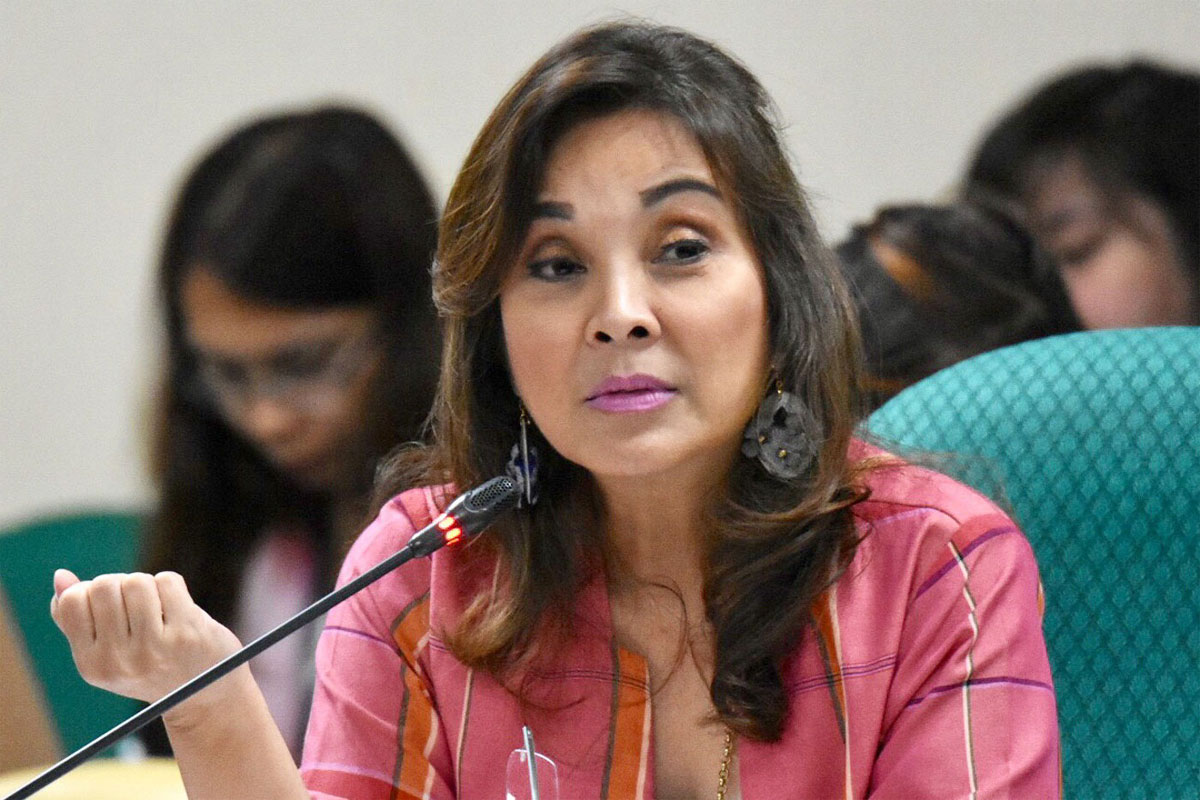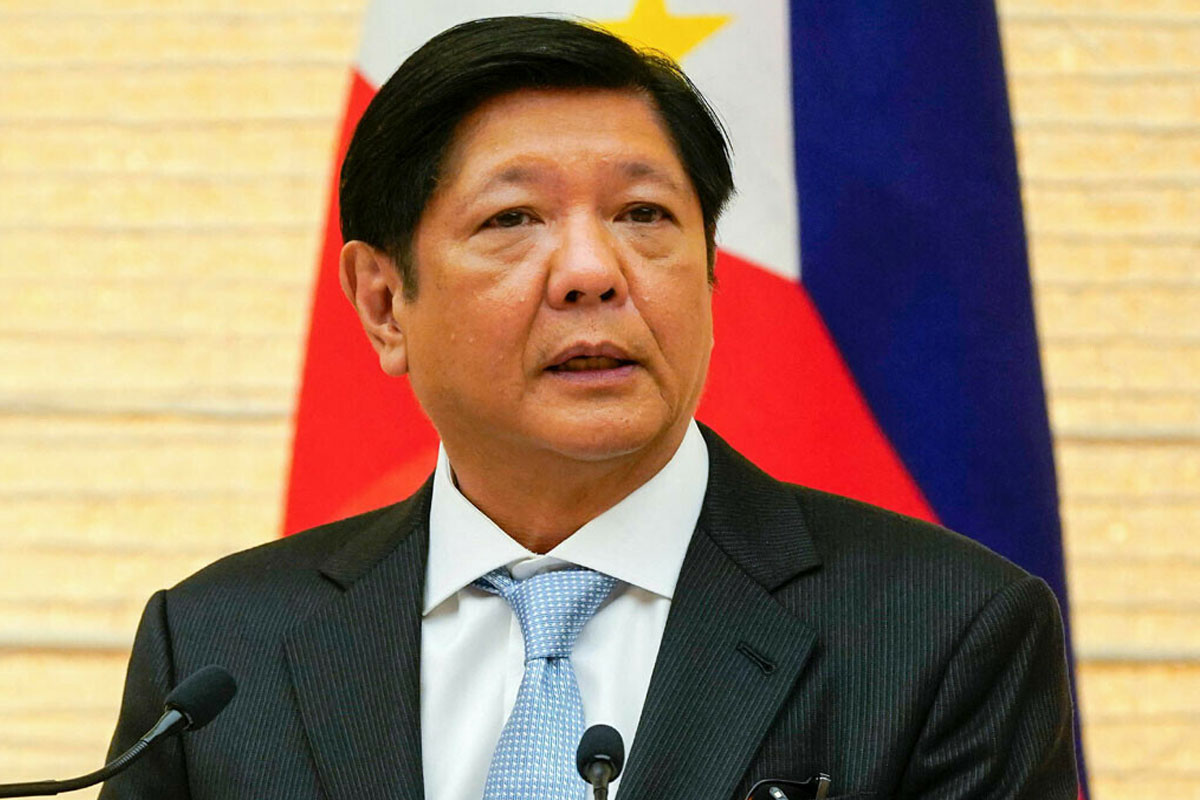
Bong Go commends PRRD for signing EO modifying reduced pork tariff rates
SENATOR Christopher “Bong” Go lauded President Rodrigo Duterte for issuing Executive Order No. 134 on May 15 which modified the reduced Most Favored Nation (MFN) tariff rates on fresh, chilled or frozen meat of pork or swine, in response to the plight of affected local hog producers and concerns of several legislators.
“Malaki din ang maitutulong nito sa ating local hog producers. Marami sa kanila ang nawalan ng kabuhayan dahil sa ASF. Gawin natin ang lahat ng ating makakaya para pagaanin ang pinapasan nila,” Go said.
Previously, President Rodrigo Duterte signed EO No. 128, which temporarily reduced the rates of import duty on imported pork products to address the current pork supply shortage, stabilize prices of pork meat, and minimize upward pressures on inflation. The EO reduces tariff rates on pork imports for a period of one year, from thirty per cent (30%) (in-quota) and forty per cent (40%) (out-quota) to five per cent (5%) (in-quota) and fifteen per cent (15%) (out-quota) for the first three (3) months; and ten per cent (10%) (in-quota) and twenty per cent (20%) (out-quota) from the fourth month to the end of the twelfth month.
The measure, however, was met with concerns from both Houses of Congress and farmers’ associations claiming that the measure would severely affect the local hog industry.
In this regard, Go helped in bridging the executive and legislative branches of the government to arrive at a mutually acceptable pork import tariff rates.
“Nag-meet halfway ang Congress at ang ating economic managers. Mahalaga ito dahil gusto nating mabigyan ng solusyon ang mataas pa ring presyo ng karne at ang pagprotekta sa ating local industry,” said Go.
“Maingat lang na binabalanse natin ang pangangailangan na mas murang presyo ng karne, lalo na na maraming pamilya ang apektado ng pandemya, at ang pangangailangan na protektahan din natin ang ating local farmers at kanilang kabuhayan,” he added.
Based on the modified figures introduced by EO No. 134, the tariff rates on fresh, chilled or frozen meat of pork shall be reduced, for a period of one year, from thirty per cent (30%) (in-quota) and forty per cent (40%) (out-quota) to ten per cent (10%) (in-quota) and twenty per cent (20%) (out-quota) for the first three (3) months; and fifteen per cent (15%) (in-quota) and twenty-five per cent (25%) (out-quota) from the fourth month to the end of the twelfth month.
The tariff rates on pork products under EO No. 134 is crucial in addressing the existing pork supply shortage, stabilizing the prices of pork products, and curbing inflation, ultimately benefiting Filipino consumers while minimizing the adverse impact to the local hog industry.
Notably, the National Economic and Development Authority reported on April 5, 2021 that meat inflation reached a historical high of 22.1% and contributed the highest percentage to over-all inflation at 1.4 percentage points. The staggering increase in meat inflation was primarily caused by pork inflation which soared at 57.7%.
NEDA further reported that the total number of culled pigs increased to 471,416, or an equivalent of 4.85% of the total swine inventory, as of January 2021, and 2.3% of total hog production in 2020. As a result, prices of pork meat remained elevated as shipments are being delayed due to the ASF outbreak.
“Huwag po natin hayaan na madagdagan pa ang mga nagugutom. Kaya hinihikayat ko ang mga kasamahan ko sa gobyerno na magtulungan para sa kapakanan ng mga Pilipinong hirap na hirap na talaga. Pagaanin natin ang kanilang pinapasan at huwag natin silang mas pahirapan pa,” Go previously said.
“Wala na nga pambili ng pagkain ang mga kababayan natin, tataas pa ang presyo. Mas lalong mahihirapan ang ordinaryong Pilipino. Ipaglalaban po natin ang tatlong importanteng mga adhikain na ito sa loob at labas ng Senado — ang pagsugpo sa gutom; ang pagkakaroon ng sapat, ligtas, at epektibong bakuna; at ang pagpapalakas ng ekonomiya at kabuhayan ng bawat Pilipino,” he also added, emphasizing that no Filipino must be left behind towards recovery.


















